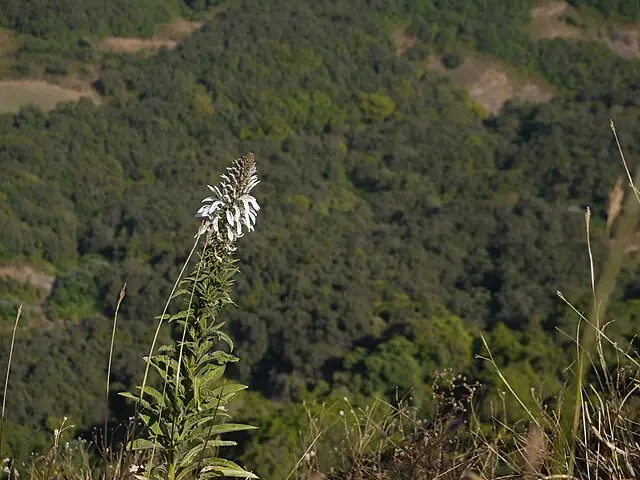Forest knowledge of Maharashtra’s Mahadev Koli tribe can help fight climate change: study

In the heart of Maharashtra’s North Western Ghats, a treasure trove of ecological wisdom has long gone unnoticed. The Mahadev Koli tribe, a forest-dwelling indigenous community, has for generations lived in harmony with one of the world’s most biodiverse ecosystems. Yet despite their deep understanding of local ecology, they remain largely absent from mainstream environmental discourse.
Now, a new study by the Watershed Organisation Trust – Centre for Resilience Studies (WOTR-CRS) in Pune is shedding light on their invaluable knowledge. This research not only brings overdue recognition to the Mahadev Kolis but also highlights how their expertise can help combat the climate crisis.
A Legacy Rooted in Nature
The Mahadev Koli community resides in the Sahyadri range of the Western Ghats, a UNESCO World Heritage site and one of the planet’s top eight “hottest hotspots” of biodiversity. These forests are home to thousands of endemic plant and animal species, many of which are under threat due to deforestation, habitat loss, and climate change.
Unlike industrial conservation models, the Mahadev Kolis have traditionally engaged with the land through sustainable and symbiotic practices. Their livelihoods revolve around forest produce, seasonal farming, and most importantly, medicinal plant knowledge passed down through generations.
Yet, as the WOTR-CRS study points out, their Local Ecological Knowledge (LEK) — especially their understanding of medicinal trees and herbs — remains largely undocumented in scientific circles. This oversight could be a missed opportunity in the global search for climate solutions.
Medicinal Wisdom in the Wild
One of the most striking revelations from the study is the community’s intimate knowledge of the medicinal properties of forest flora. From treating fevers and infections with bark extracts to using roots and leaves for digestive and respiratory ailments, the Mahadev Kolis have developed a complex, experience-based system of healing.
Their medicine is not just curative but preventative — deeply intertwined with seasonal patterns, ecological indicators, and community rituals. In a world racing to develop sustainable healthcare systems, this ancient yet functional knowledge could prove invaluable.
Moreover, their use of indigenous species contributes to biodiversity conservation. Unlike commercially grown herbs, the plants used by the Mahadev Kolis are native and often wild-harvested in sustainable ways that encourage regeneration.
A Model for Climate Resilience
Incorporating indigenous knowledge into climate adaptation strategies is not just a symbolic gesture; it’s a practical necessity. The Mahadev Koli tribe offers a living example of climate-resilient practices. Their forest-based livelihoods promote biodiversity, improve soil health, and enhance water conservation — all critical pillars of climate mitigation.
The WOTR-CRS study emphasizes the need to integrate such local expertise into broader environmental policy. “Climate resilience isn’t just about modern technology or global agreements,” said one of the lead researchers. “It’s also about recognizing and empowering the people who have safeguarded ecosystems for centuries.”
Marginalization and the Need for Inclusion
Despite their contributions, the Mahadev Kolis face ongoing marginalization. Their voices are rarely heard in policy discussions, and their lands are increasingly threatened by development projects and climate variability. Without formal documentation and support, their traditional knowledge risks being lost forever.
The study calls for urgent steps to preserve and promote LEK — including ethnobotanical research, community-led conservation efforts, and educational collaborations between scientists and tribal healers.
A Call to Action
Preserving the wisdom of the Mahadev Koli tribe isn’t just about honoring tradition — it’s a strategy for the future. As global communities grapple with the escalating effects of climate change, indigenous knowledge offers a compass for sustainability and resilience.
By bridging the gap between traditional knowledge and scientific research, we can create more inclusive, effective, and locally grounded climate policies. The forests of the Western Ghats, and the communities that protect them, are not relics of the past — they are vital partners in shaping a livable future.
Conclusion:
The Mahadev Kolis are more than forest dwellers — they are custodians of an ecological legacy. It’s time we listen to them, learn from them, and bring their voices to the center of the climate conversation.






